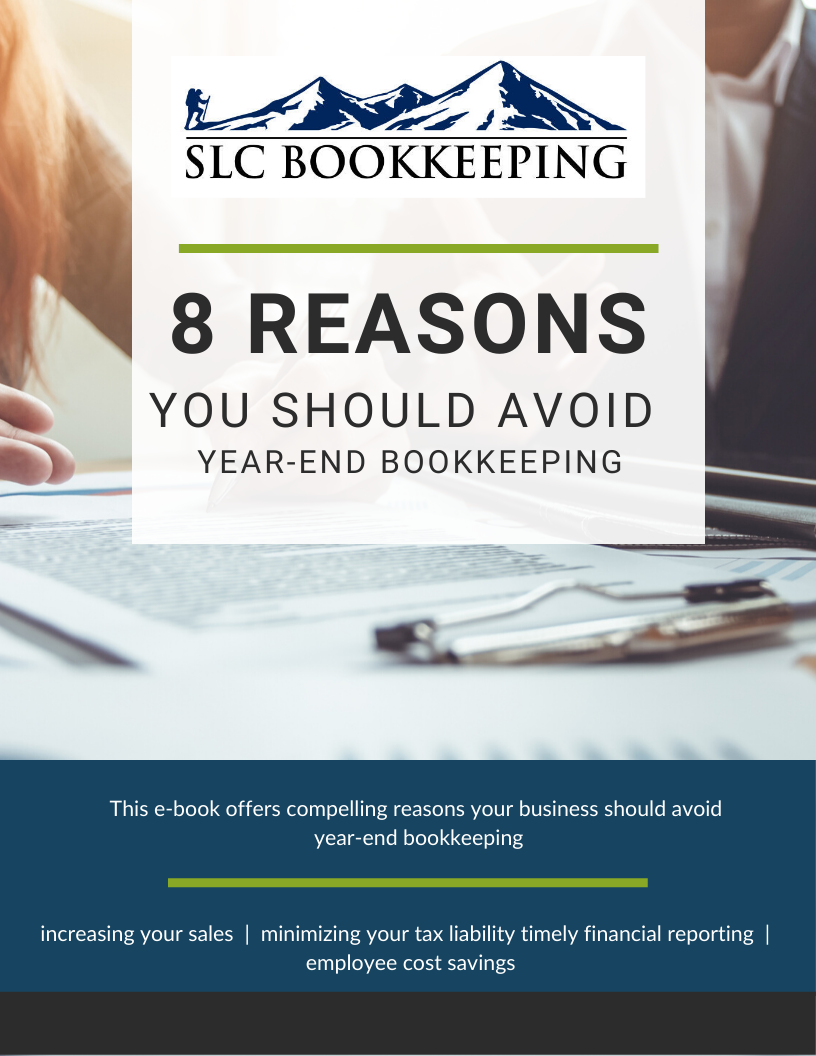5 Clichés About Small Business Bookkeeping You SHOULDN’T Avoid
As a small business owner, bookkeeping  might be right up there with visiting the dentist as one of your favorite things to do. Much like going to the dentist however, a little inconvenience today often saves a lot of pain tomorrow. Does that sound a bit cliché? Perhaps. But clichés can offer a surprising amount of wisdom when they’re used the right way.
might be right up there with visiting the dentist as one of your favorite things to do. Much like going to the dentist however, a little inconvenience today often saves a lot of pain tomorrow. Does that sound a bit cliché? Perhaps. But clichés can offer a surprising amount of wisdom when they’re used the right way.
Trusting a truism can make setting up and maintaining your financial books more efficient, more productive and, at the end of the day, more enjoyable. When you have an effective bookkeeping system in place, you’ll have a far better grasp on your company’s financial situation, and you’ll encounter fewer unpleasant surprises as a result. Keeping your ear to the ground, so to speak, can also help you avoid trouble with the IRS come tax time.
At the risk of sounding trite, this collection of time-honored bookkeeping basics is a good way to confirm that your business, old or new, has all of its bases covered.
A Place for Everything, and Everything in its Place
Without a dialed bookkeeping system, expenses can be hard to track. This can make it easy for a business to miss out on all the tax benefits it may be entitled to, and just as easy to expose itself to unnecessary audit risk.
A business credit card is one effective tool for keeping your expenses categorized and in one place, and your daily agenda can help guard against unsubstantiated expense claims on your tax return. Use your calendar as the place for everything from recording client lunches, to tracking business mileage, to noting company gifts you’ve bought and bestowed.
Check and Double Check
Do you keep a record of your business deposits, or do you assume your bank statement is all you really need? Whether you work in Excel, outsource your bookkeeping, or swear by your trusty pen and notebook, it’s important to track the details of exactly what’s going into your business account every time a deposit is made.
Check or cash, loan, advance, or revenue, if you don’t double check that bank deposits are documented accurately, your business could end up on the hook for taxes on money that wasn’t even income.
Time is Money
If this old adage really is true, you’ll probably agree that most small business owners are drastically underpaid! Don’t add to your company’s cash flow burden by failing to collect on outstanding client accounts. Implement a system to track your billing; then make sure there’s a process in place for following up on it at regular intervals.
Whether it’s sending out a second invoice, making a phone call, adding a fee, or hiring a collection agency, you should have a plan for systematically dealing with accounts that are 30, 60, and 90 days past due.
The Early Bird Catches the Worm
You know tax time is coming – it shows up every year without fail. You also know that if your business is making money, chances are pretty good you’ll owe some. Take a lesson from the early bird and set aside tax funds in advance each month, or every time your company makes a sale.
And speaking of sales, don’t make the mistake of lumping sales tax you collect in with your other revenue. All government tax gets remitted eventually. When you track taxes in a separate financial account, it means you won’t inadvertently spend money that isn’t yours, and you won’t get stuck with the penalties and interest that can incur as a result.
Save for a Rainy Day
Most companies have overhead costs that have to be paid whether there’s money coming in or not. Is your business seasonal? Do you get caught out during the lean times, year after year? Turn those rainy days into sunny ones by budgeting to use income from the profitable months to cover fixed expenses during the sluggish ones.
Don’t let major expenses catch up with you when you least expect them. Planning ahead up to five years in advance is part of a sound business strategy. Both growth and maintenance require financing, and earmarking income from this year, to upgrade equipment or facilities two years down the road, is a smart way to reinvest your business profits.


Comments